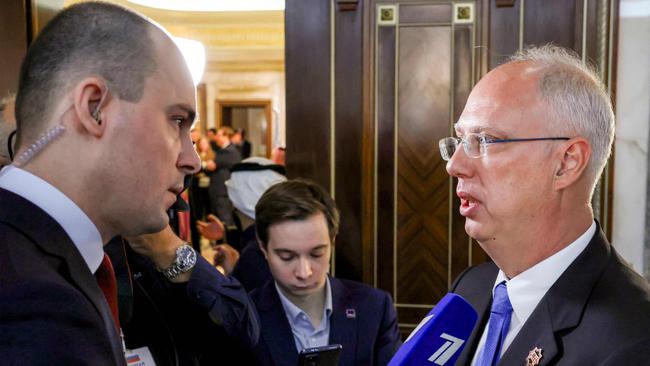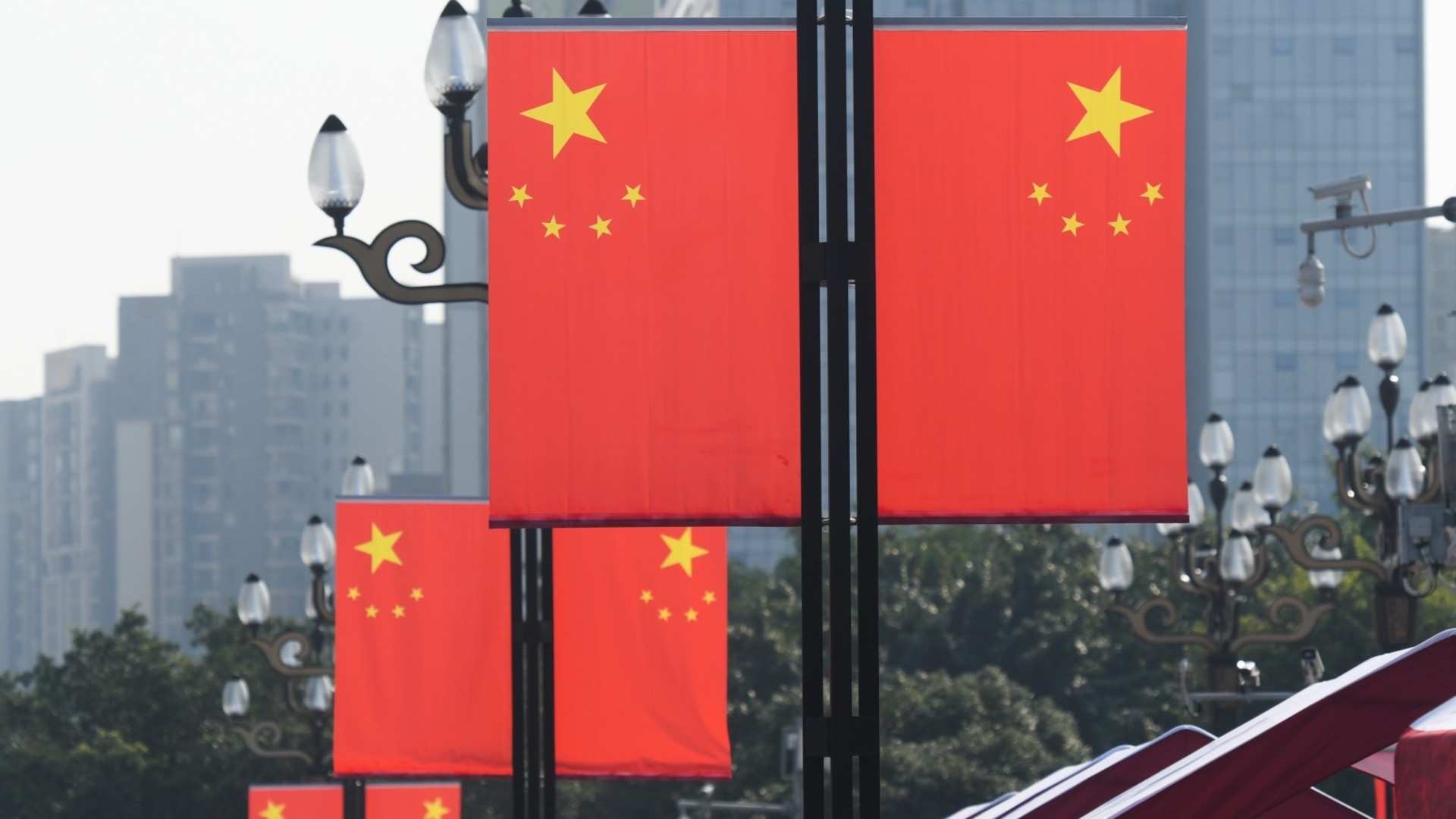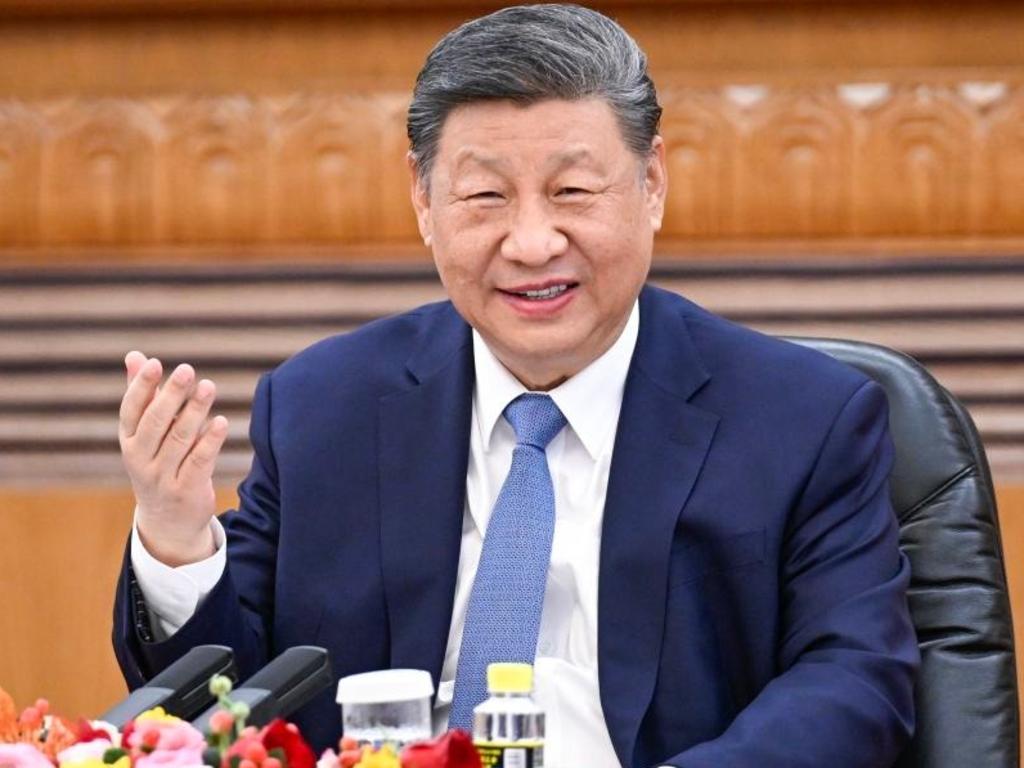Why were no tariffs placed on Moscow?
Even Ukraine, whose economy has been devastated in the three years since Russia launched a brutal, all-out invasion, was hit by the new minimum tariff. Yet Russia itself was spared.

US President Donald Trump’s tariffs affected almost every economy on the planet, from traditional powerhouses such as China and Germany to remote Antarctic islands whose only inhabitants are penguins.
Even Ukraine, whose economy has been devastated in the three years since Russia launched a brutal, all-out invasion, was hit by the minimum tariff rate of 10 per cent.
Yet Russia itself was spared, a move that has raised eyebrows at a time when Trump is trying to improve relations with Moscow.
The White House said Russia was not on the list because existing sanctions against Moscow “preclude any meaningful trade”. It pointed out that other countries under heavy US sanctions, such as Cuba, Belarus and North Korea, were also not included.
However, despite sanctions, Russia still exported about $US3bn worth of goods, mainly fertilisers and platinum, to the US last year, according to US trade figures. The total value of exports to the US from Belarus, Cuba and North Korea was just a tiny fraction of that.
The Russian exports are also significantly higher than the value of exports from countries included on Trump’s list such as Laos and Fiji.
Russia-24, a Russian state television channel, insisted Moscow had not been given “special treatment”. Another channel, Russia-1, said Moscow had been spared “to the disappointment of many in the West”.

Russia’s omission from Trump’s tariffs list came shortly after Kirill Dmitriev, the head of Russia’s sovereign wealth fund, met in Washington with Steve Witkoff, the White House envoy. A US-educated former Goldman Sachs investment banker, Dmitriev was also a top negotiator at the US-Russia talks in Saudi Arabia on Ukraine.
His visit was the first time a senior Russian official had held talks in the US since Russia’s invasion in 2022.
“We note a positive dynamic in our relations,” Dmitriev said, after meeting Witkoff. He said the talks had covered a wide range of topics, including rare metals, co-operation in the Arctic, flights to Mars and restoring direct US-Russia air links.
On Friday, the Kremlin said “turmoil” created in international markets by Trump’s tariffs was “unlikely to be in [Russia’s] favour”.
Dmitry Peskov, Vladimir Putin’s spokesman, said: “For obvious reasons, Russia was not put on the list as our trade with the US is practically non-existent in tangible numbers. In fact, we have no trade and economic relations at this stage. However, we should be careful in the midst of the storm and minimise negative implications for our economy.”
Oil and gas revenue account for about a third of Russia’s federal budget. As fears grow of a global economic slowdown, oil prices continued to fall before the weekend, with Brent crude trading at its lowest level in more than three years.
In Kyiv, Yulia Svyrydenko, Ukraine Economy Minister, said US tariffs were “difficult, but not critical” and Kyiv would not impose reciprocal tariffs.
THE TIMES







To join the conversation, please log in. Don't have an account? Register
Join the conversation, you are commenting as Logout